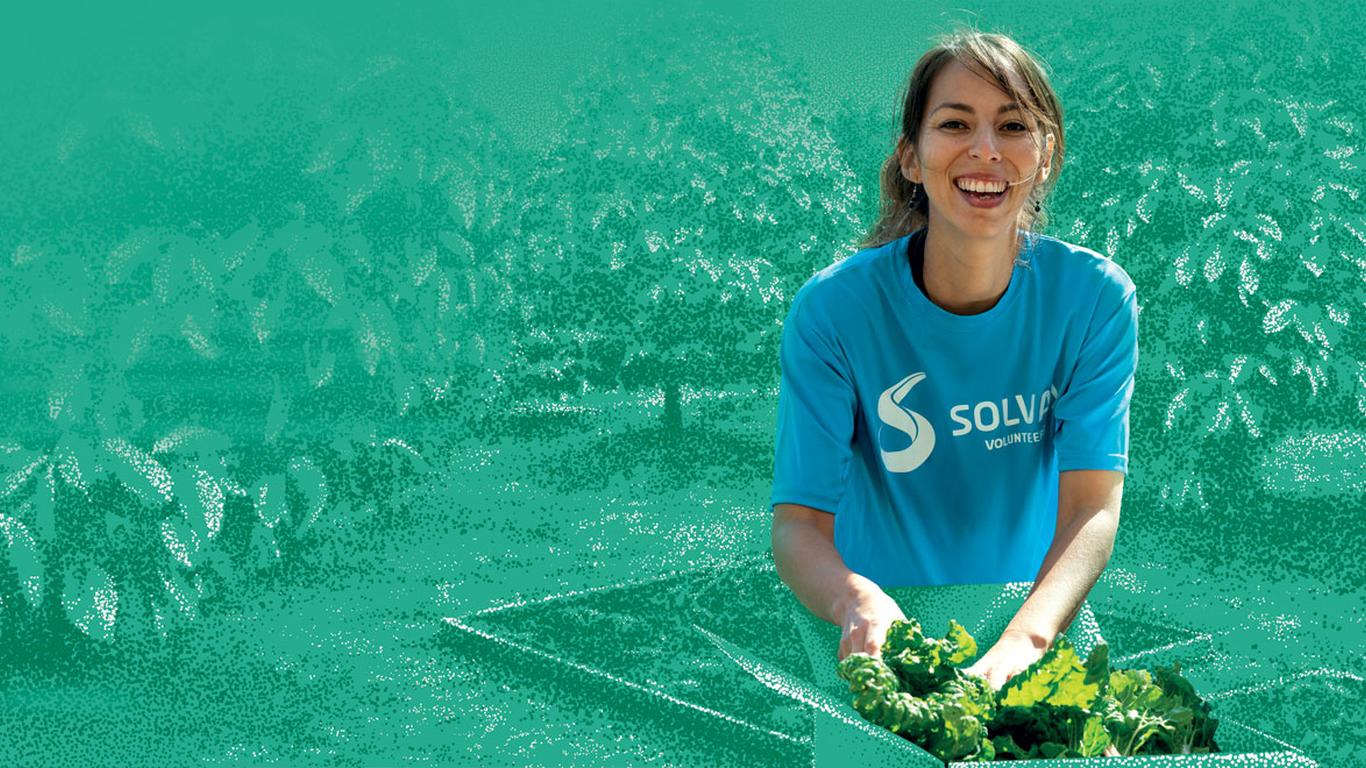
Solvay launches 2030 sustainability programme
Submitted by:
Andrew Warmington
Solvay has officially launched Solvay One Planet, its sustainability programme for the years to 2030. This incorporates ten measurable commitments to drive progress across three key ‘pillars’ of climate, resources and better life, involving resource reallocation where needed. Progress will be documented each year in the company’s integrated report.
This programme is integral to the G.R.O.W. strategy for business, according to CEO Ilham Kadri, and will draw on existing partnerships with both the Solar Impulse Foundation and the Ellen MacArthur Foundation, promoting the circular economy. The three climate-based commitments, in addition to an internal switch to electric or hybrid cars by 2021, are to:
* Double the rate of reducing greenhouse gas emissions worldwide, with a goal of curbing greenhouse gas emissions by 26% and aligning its trajectory with the ‘well below 2°C’ temperature increase outlined in the 2015 Paris Agreement
* Not building new coal-powered plants and phasing out coal in energy production wherever renewable alternatives exist
* Reducing its pressure on biodiversity by 30% in areas such as terrestrial acidification, water eutrophication and marine ecotoxicity
In terms of resources, Solvay has pledged to: reduce its intake of freshwater by 25%; increase the proportion of products based on renewable or recycled resources to 15% of sales; reduce non-recoverable industrial waste by one third; and raise the proportion of sustainable products to 65% of sales. This will be supported by an internal plan to phase out single-use plastic, generating almost zero food waste at canteens, and seek to become paperless.
In the area of ‘better life’, the company is targeting a ‘zero accident’ policy, will work to achieve gender parity for mid- and senior-level management by 2035 and extend its policy of 14 weeks’ maternity leave to 16 regardless of gender by 2021. This will be supported by establishing a ‘better life observatory’, with managerial training to support work-life integration.
